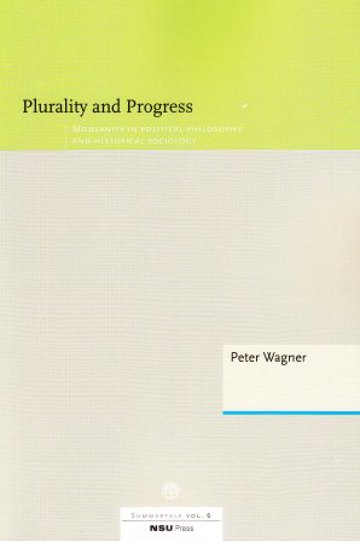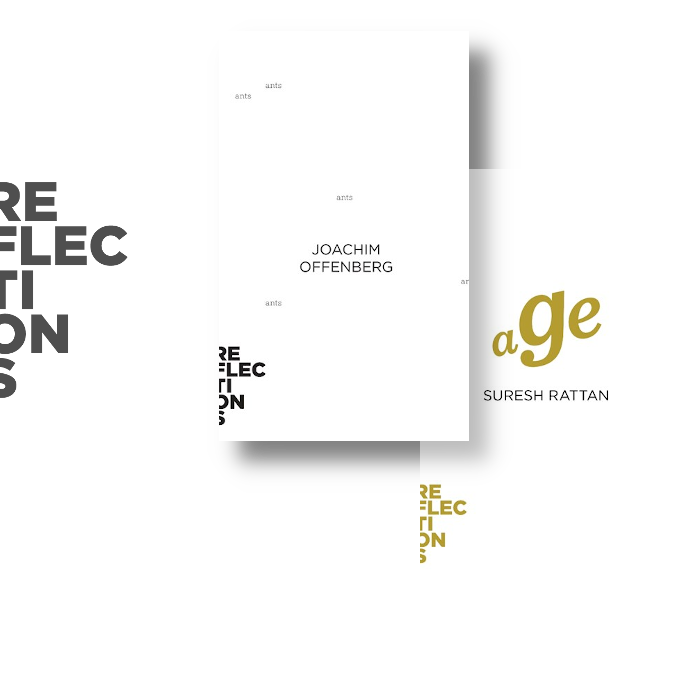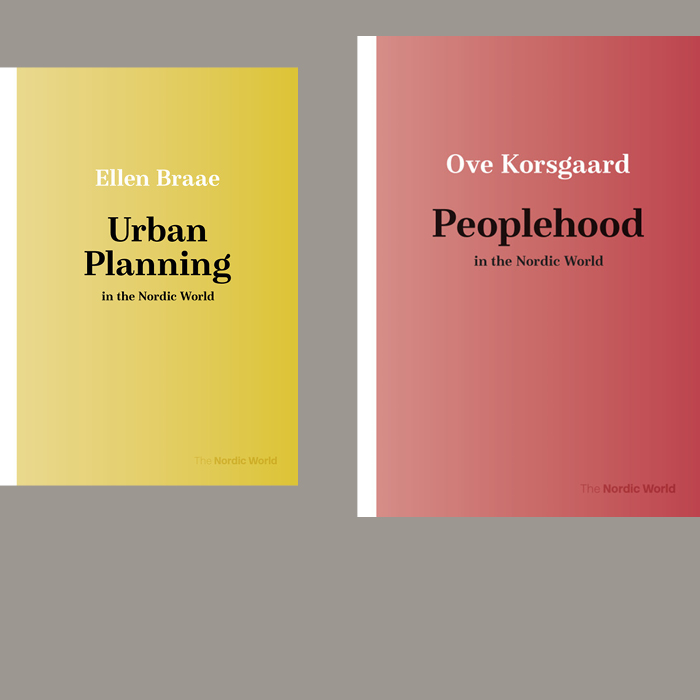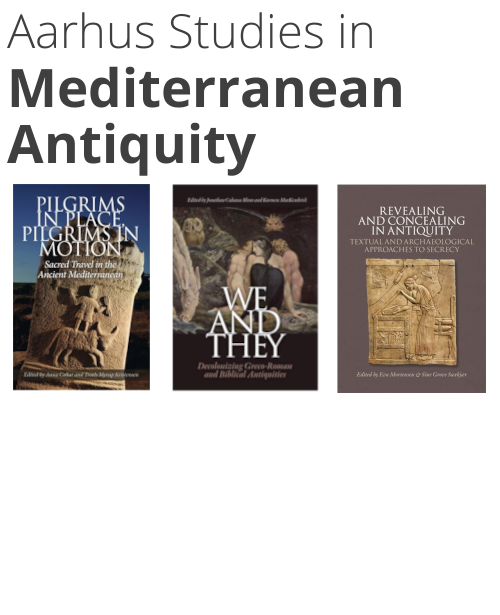
Plurality and Progress
Modernity in Political Philosophy and Historical Sociology
A part of the subject area Philosophy
More about the book
About the book
Europeans - or "Westerners" - have long been inclined to think that their form of socio-political organisation, often referred to as 'modern', is superior to others in both normative and functional terms. In both political philosophy and comperative-historical sociology, however, this claim has recently been critically debated and re-assesed. After reviewing the recent debate, this volume addresses the following key questions: if there is now a plurality of forms of modern socio-political organisation, what does this entail for our time-honoured idea of progress, or in other words, for our hope that the future world can be better than the present one? And: if despite all nuance our concept of modernity is in some way inextricably tied to the history of Europe, how can we compare different forms of modernity in a 'symmetric', non-biased or non-Eurocentric way? These questions gain a particular sense of urgency in our era of so-called globalisation, of radical time-space compression, because the claims and expectations of modernity have now become inescapable in ever more walks of life and for many more people than ever.




